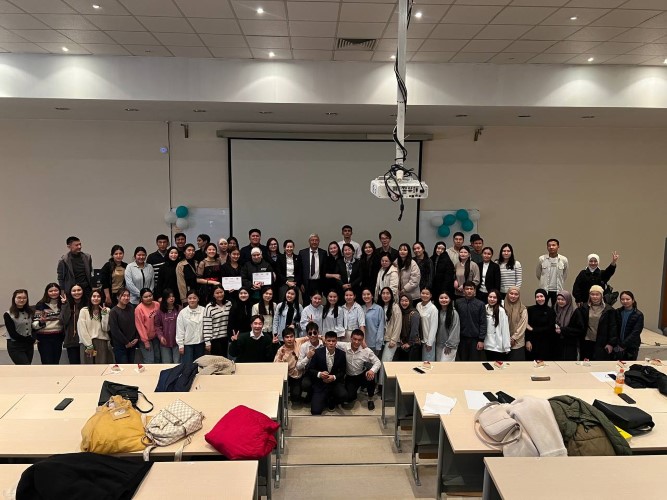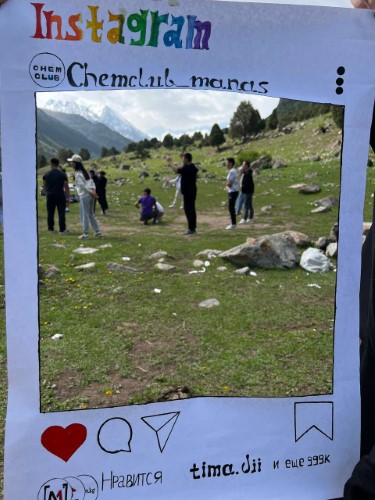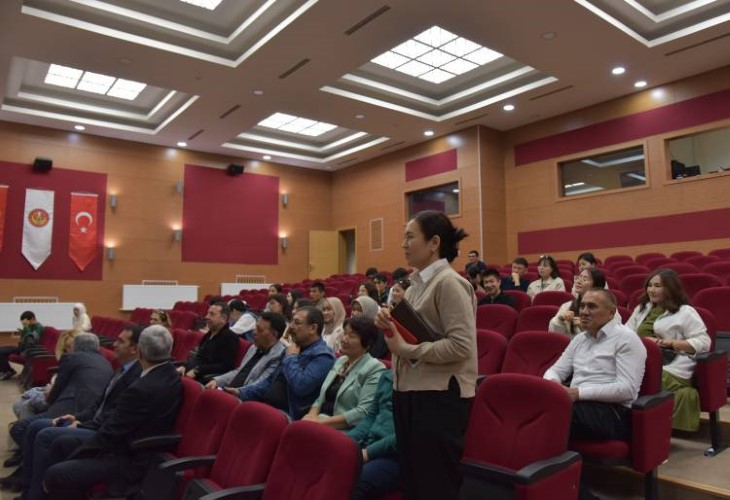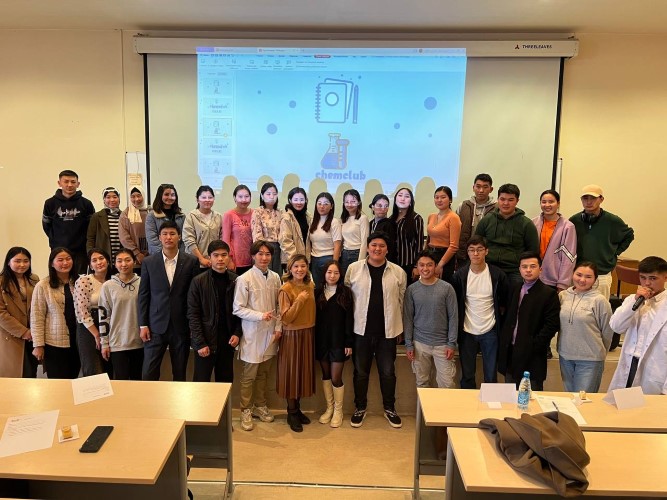2025-06-12 | News

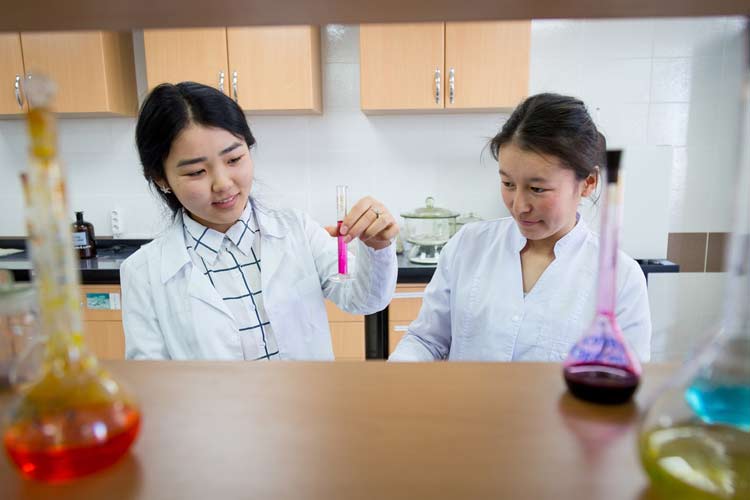
Currently there are about 100 different engineering disciplines. These use the fundamental sciences (physics, chemistry, biology) together with mathematics to create goods and services that benefit humanity and solve some of our largest social and economic problems. Chemical engineering addresses problems that arise in chemical reactions with the help of applied chemistry and the basic principles of engineering. Creating more useful products from raw materials in order to produce machines and equipment is also a part of chemical engineering. The main difference between chemical engineers and other engineers is that chemical engineers know more about basic chemical principles and use their knowledge to solve technical problems. A chemical engineer’s education is wide enough that they are also known as universal engineers.
Education
Chemical engineers spend four years studying for their Bachelor's degree. They start with basic courses and then move to more complex subjects, with courses covering mathematics, physics, inorganic, organic and analytic chemistry, computer programming, technical drawing, balancing mass and energy, differential equations, thermodynamics, fluid mechanics, heat and mass transfer, materials science, chemical reaction engineering, mathematical modeling, chemical engineering design, reactor design, dynamics and control of processes, optimization, laboratory practices, and finally, a graduation thesis.
Where Chemical Engineers Work
All industrial enterprises and factories, plus producers of food, ceramics, textiles, glass, traditional energy, gas, automobiles, cement, pharmaceuticals, paints, metals, renewable energy, nuclear energy, plastics, fertilizers, and polymers employ chemical engineers.
History
The Department of Chemical Engineering was opened in the 2007-2008 academic year as part of the Faculty of Engineering at Kyrgyz-Turkish Manas University, in order to prepare Bachelor’s and Master’s students in chemical engineering. Currently, the best qualified specialists from Turkey and Kyrgyzstan work in the department, working on national and international projects.
The department started accepting students in the 2007-2008 academic year, and the first Master’s students graduated in the 2009-2010 academic year.
Goals of the Department
We aim to prepare students who are competitive at the national and international levels and equipped with the knowledge and skills necessary to succeed in today's world. By graduation, our students are able to plan, design and manage chemical industry and research. Students also search for connections both within and beyond their fields, and expand, strengthen and use their interests to solve the scientific, social and ecological problems of society today.
Degrees from Manas University are protected by Kyrgyz and Turkish law. During their studies, students have opportunities to study with partner universities in Turkey through the Mevlana program. We are proud of our truly international education and campus life.

Prof.Dr.
- -
Chemical engineering is a branch of engineering that uses the chemical and physical processes to develop and make novel products. Chemical engineers are able to contribute to the technology and increase the quality of society. We believe that Chemical Engineers play an important role in daily life, as they are involved in the design and modification of processes to produce desirable and novel products. They are employed variety of sectors covering;
Energy
Environment
Health
Chemical Engineering Department at Manas University was established in 2007. Over the past few years, it has gained in educational programs in both undergraduate and graduate levels. We hope that you will find our web site informative whether you are interested in undergraduate, graduate or post-doctoral studies.
.jpeg)
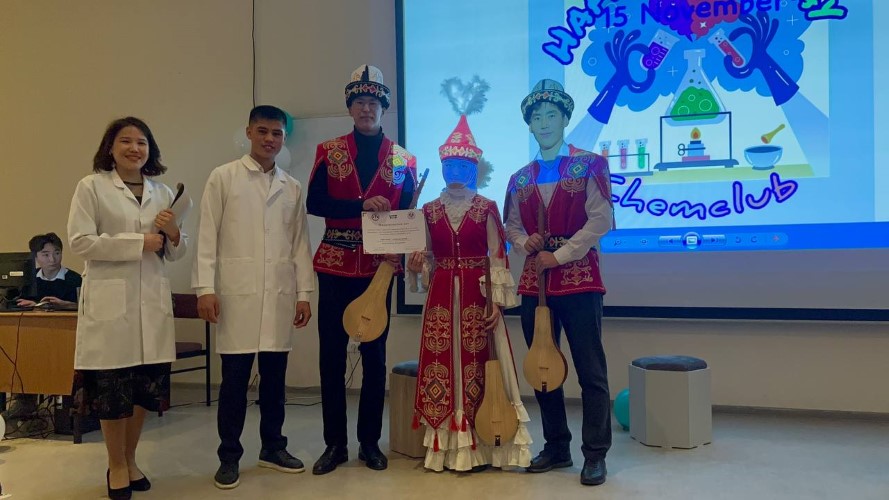
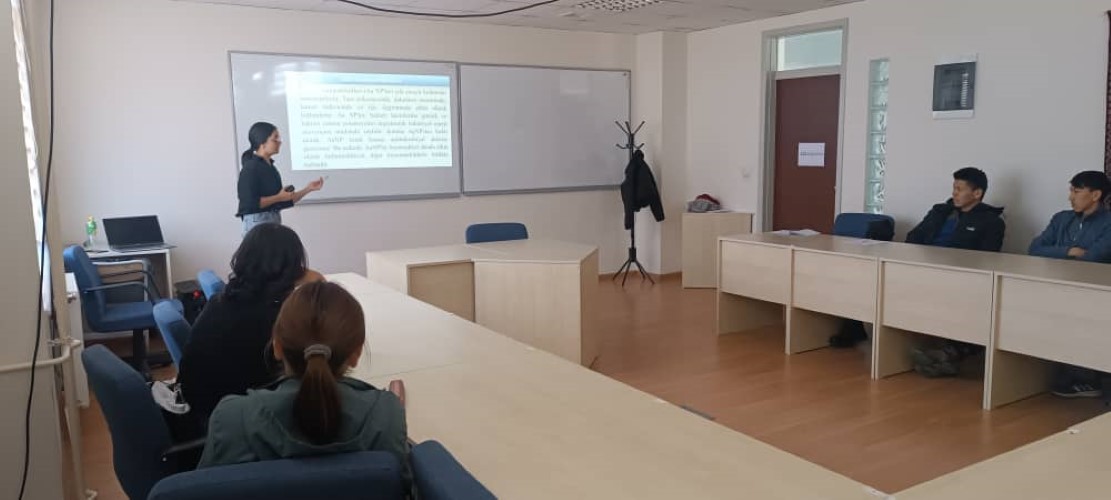
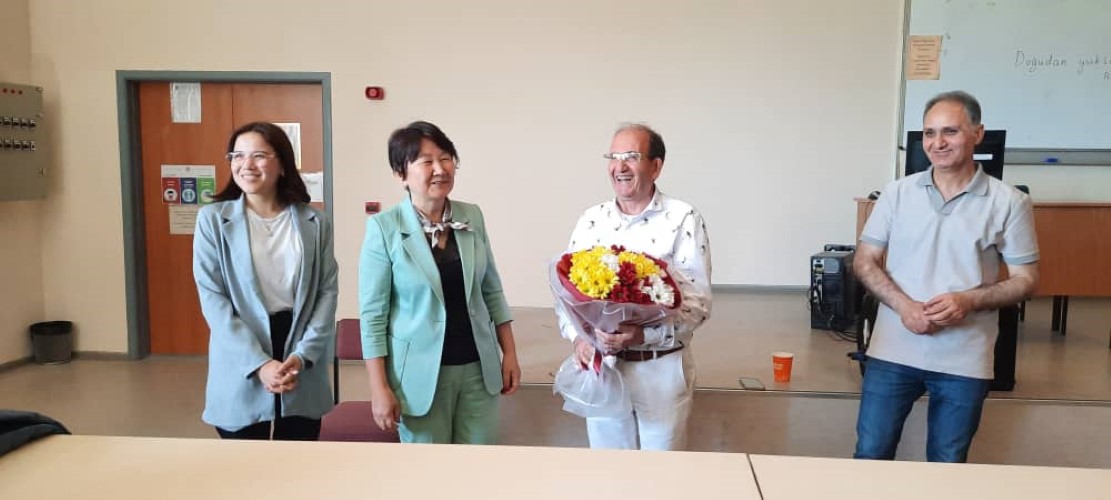
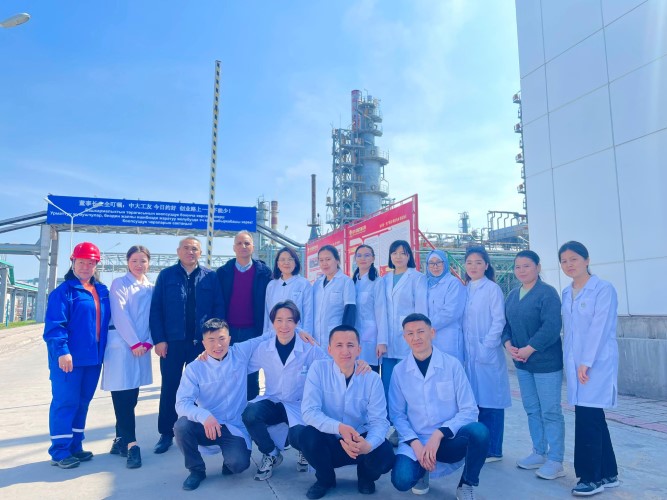
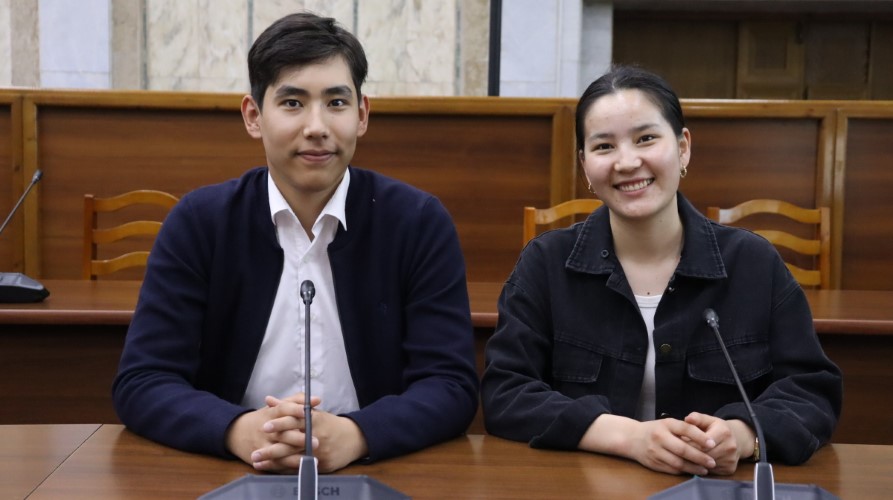
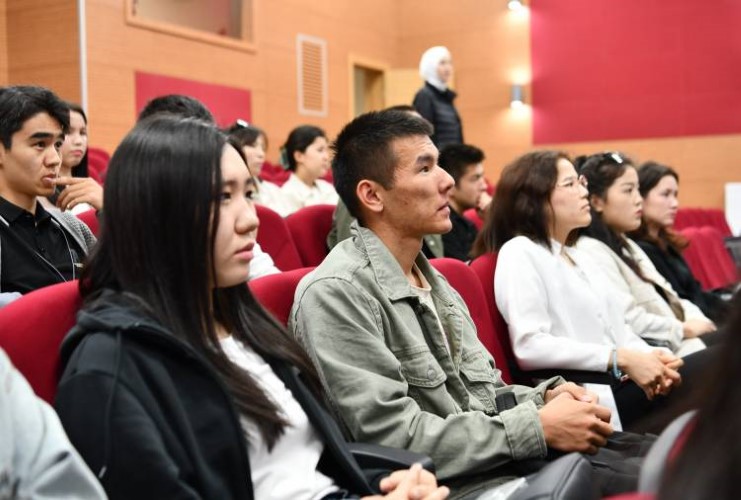
.jpeg)


.jpeg)
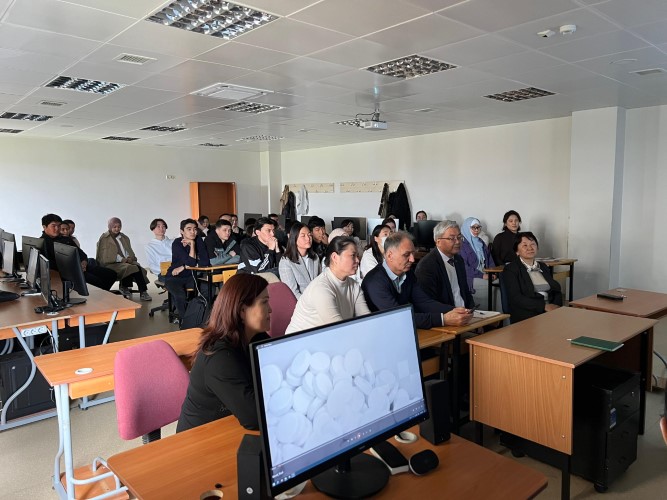
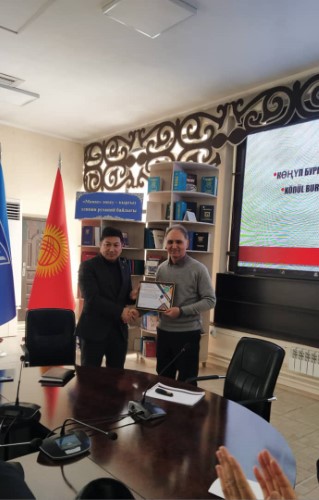


.jpg)
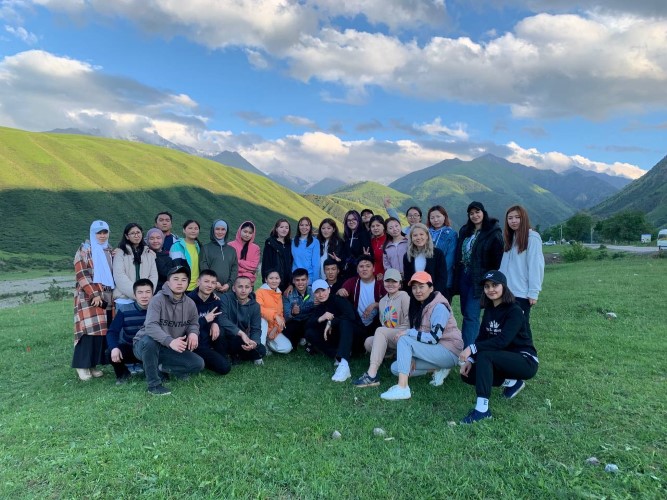
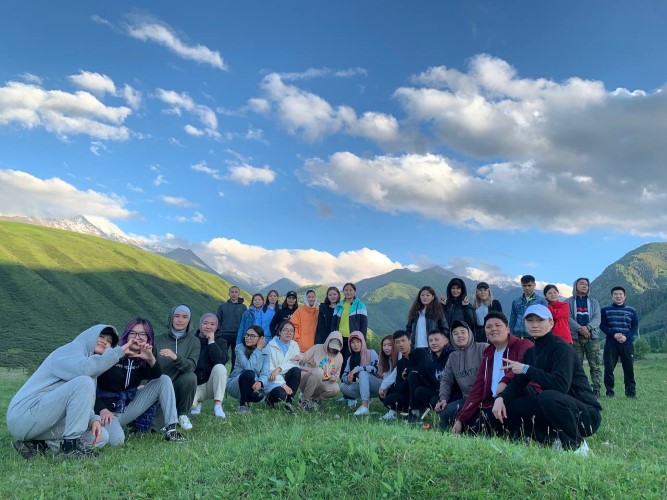

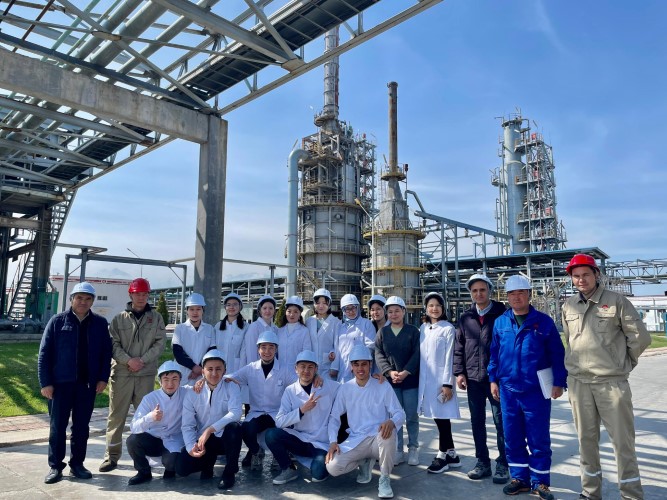
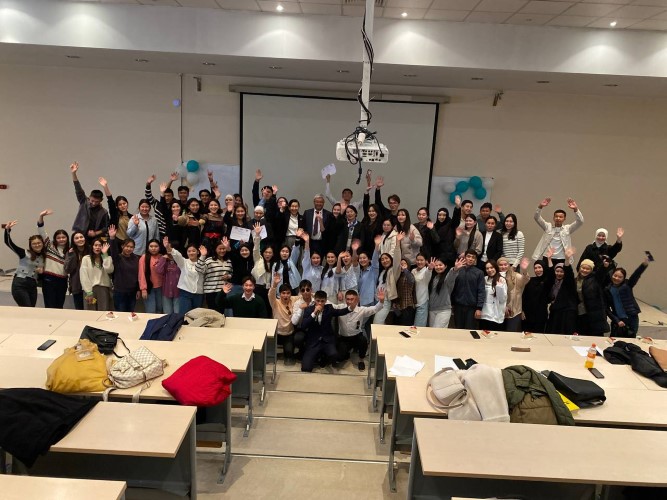




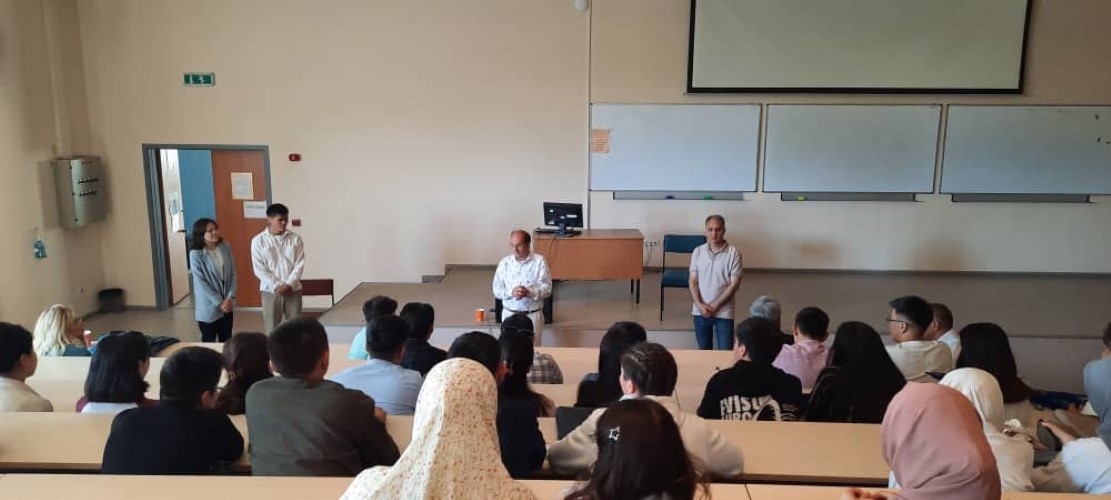

.jpeg)
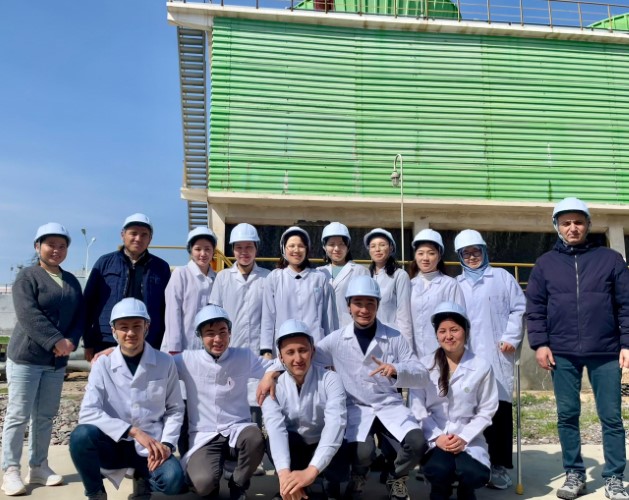

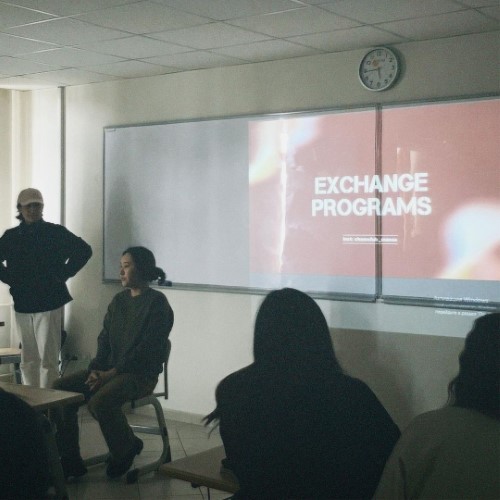




.jpeg)
